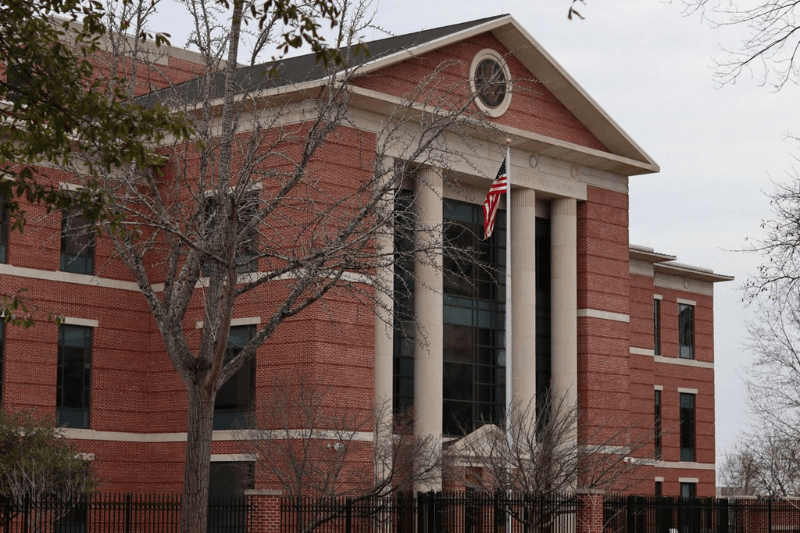
Examining the Trial: Hate Crime and Murder of SC Transgender Woman
The ongoing trial for the hate crime and murder of Dime Doe, a transgender woman, has garnered significant attention and raised critical discussions surrounding hate crimes and protections for marginalized communities. Let’s delve into the details surrounding this case and its broader implications.
Background and Context
1. Dime Doe’s Tragic Death
In August 2019, the LGBTQ community was rocked by the tragic killing of Dime Doe, a 24-year-old transgender woman, in Columbia, South Carolina. Doe’s death marked a distressing trend, as she became the second Black transgender woman in the state to be fatally shot within a short period.
2. Federal Hate Crime Trial
The trial underway in U.S. District Court in Columbia represents a landmark case, being the first at a federal level to address a hate crime resulting in death over gender identity since the enactment of the Matthew Shepard and James Byrd, Jr. Hate Crimes Prevention Act of 2009.
Case Details and Legal Implications
1. Allegations against Daqua Lameek Ritter
Daqua Lameek Ritter stands accused of perpetrating the hate crime and murder against Dime Doe based on her transgender identity. The trial has shed light on the circumstances surrounding the fatal shooting and the alleged motivations behind the crime.
2. Intersection of Federal and State Laws
While federal hate crime statutes provide a framework for prosecuting bias-motivated crimes, variations in state laws underscore the need for comprehensive legal protections at both levels. South Carolina’s absence of hate crime laws highlights the challenges in addressing such offenses at the state level.
Keep Reading
Significance and Societal Impact
1. Advocacy for Hate Crime Legislation
The trial underscores the pressing need for enhanced hate crime legislation, particularly in states lacking comprehensive statutes. Advocates emphasize the importance of state-level initiatives to ensure effective prosecution and deterrence of hate-motivated violence.
2. Addressing Underreporting and Underprosecution
Despite existing legal frameworks, violence targeting transgender individuals remains underreported and underprosecuted. The trial serves as a stark reminder of the systemic barriers and biases that hinder justice for marginalized communities.
Future Directions and Call to Action
1. Strengthening Protections for Vulnerable Communities
In light of the trial’s proceedings, there is a growing imperative to strengthen protections for transgender individuals and other marginalized groups. This entails legislative reforms, community outreach, and proactive measures to combat discrimination and violence.
2. Collaboration and Advocacy Efforts
Community organizations, legal advocates, and policymakers must collaborate to enact meaningful change and ensure equitable treatment under the law. By amplifying marginalized voices and advocating for inclusive policies, we can foster a society that upholds the rights and dignity of all individuals.
The trial for the hate crime and murder of Dime Doe serves as a sobering reminder of the persistent challenges faced by transgender individuals and marginalized communities. As we strive for justice and equality, let us remain vigilant in our efforts to combat hate and discrimination in all its forms.




